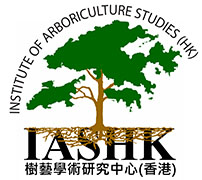having male and female flowers borne on separate individuals of the same species (contrast with monoecious).
Dioecy (/daɪˈiːsi/ dy-EE-see; from Ancient Greek διοικία dioikía 'two households'; adj. dioecious, /daɪˈiːʃ(i)əs/ dy-EE-sh(ee-)əs) is a characteristic of certain species that have distinct unisexual individuals, each producing either male or female gametes, either directly (in animals) or indirectly (in seed plants). Dioecious reproduction is biparental reproduction. Dioecy has costs, since only the female part of the population directly produces offspring. It is one method for excluding self-fertilization and promoting allogamy (outcrossing), and thus tends to reduce the expression of recessive deleterious mutations present in a population. Plants have several other methods of preventing self-fertilization including, for example, dichogamy, herkogamy, and self-incompatibility.
